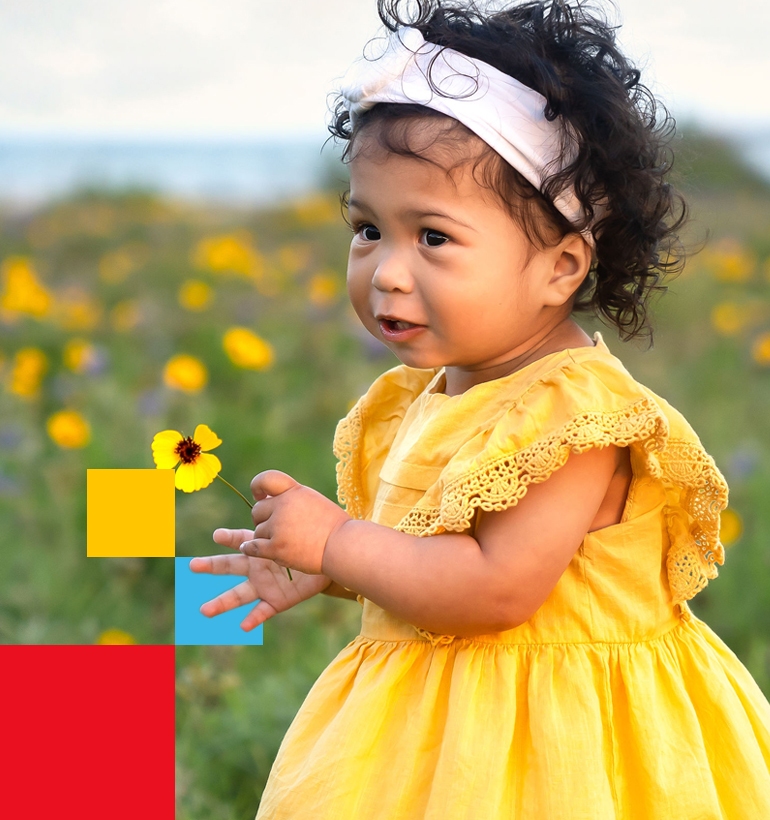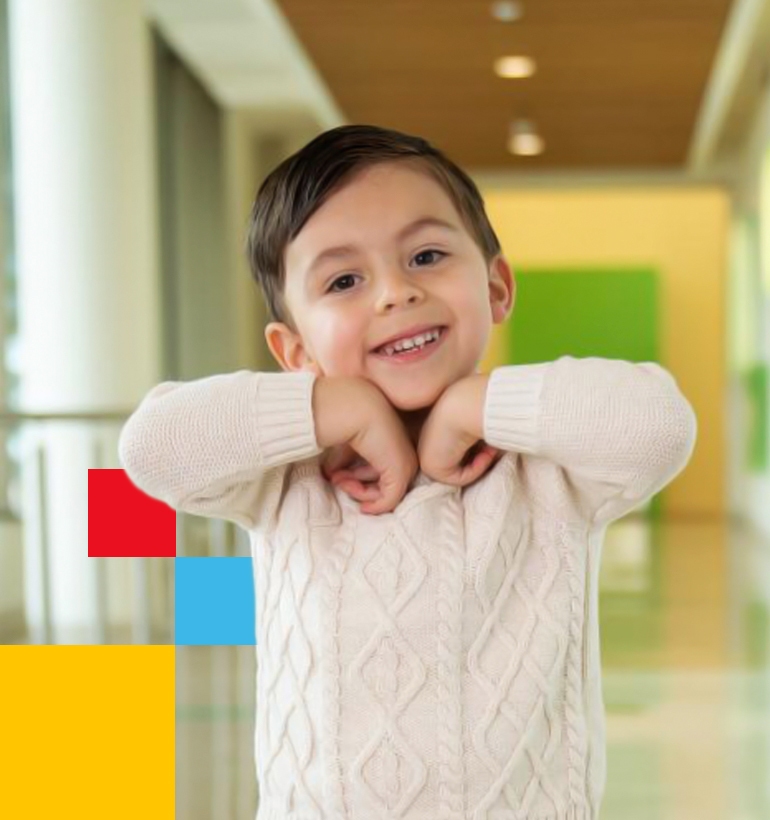Kidney Treatment Close to Home
The treatments for kidney failure are dialysis, a treatment that removes waste and excess fluid from the body, and kidney transplantation. There are two types of dialysis treatments: hemodialysis and peritoneal dialysis. Each type of dialysis has advantages and disadvantages, and you will need to discuss these with your healthcare team to determine which treatment is best for your child.
Driscoll offers expert, on-site pediatric dialysis services in two convenient locations: Corpus Christi, Texas and McAllen, Texas.
Driscoll Children's Hospital Dialysis Center in Corpus Christi and Driscoll Children's Valley Dialysis Center in McAllen are comprised of experienced, multidisciplinary teams of compassionate experts specially trained for pediatrics.
Each center includes:
- Board-certified pediatric nephrology physicians
- Dialysis nurses
- A renal dietitian
- A social worker
Hemodialysis and Peritoneal
Hemodialysis uses a dialysis machine with tubing and a special filter, called a dialyzer, which functions as an artificial kidney to clean your child's blood. Before treatment can be started, surgery is needed to insert a catheter, create a new blood vessel or place a tube in a blood vessel. This is what we call dialysis access. During treatment, blood travels through tubing into the dialyzer, which filters out waste and excess fluid, and the cleaned blood is returned to the body. Hemodialysis is usually done three or four times per week in the dialysis center, with each treatment lasting approximately four hours. During treatment, patients can read, write, sleep, talk, watch television or play games. Dialysis itself is not painful, but some patients may feel nausea, cramping or headache during treatment.
Peritoneal dialysis uses the peritoneal membrane (the lining of your abdominal cavity) to filter wastes and fluid from the blood. The peritoneal membrane acts as an artificial kidney. Before treatment starts, surgery is done to place a soft tube, called a peritoneal dialysis catheter, in the patient's abdomen. During treatment, dialysis solution is placed into the peritoneal space through the catheter. After a period of time, the used solution is drained from the abdomen, taking the wastes and fluid with it. The abdomen is filled with fresh solution, and the exchange is repeated.
There are two types of peritoneal dialysis:
- Continuous Ambulatory Peritoneal Dialysis (CAPD)
- CAPD requires no machine and can be done in any clean, well-lit place. Dialysis solution is manually instilled into the abdomen through the catheter, where it dwells for several hours, and then is drained. Exchanges are usually done four or more times per day. Peritoneal dialysis is done every day and takes approximately 30 minutes each time the fluid is drained and refilled.
- Continuous Cycling Peritoneal Dialysis (CCPD)
- CCPD is done at home while your child sleeps. The parent sets up and starts the dialysis machine or cycler that will fill and empty the patient's abdomen at night. The treatment is done every night for approximately 10-12 hours.
- Both CAPD and CCPD require that the parent(s) or legal guardian be trained before home dialysis can be started.
Kidney transplantation is usually the best treatment for children with kidney failure. Kidney transplantation surgically places a healthy kidney from one person into another person's body. The donated kidney does the work that the failed kidney did previously. Transplantation takes time to plan, and frequently, patients need dialysis until this process is completed.
Kidney Center
Seamless Specialist Care
Contact any of our specialty clinics to schedule a convenient one-day visit to all your child’s specialists.
Call 361-694-5000 or your
specialty clinic.




